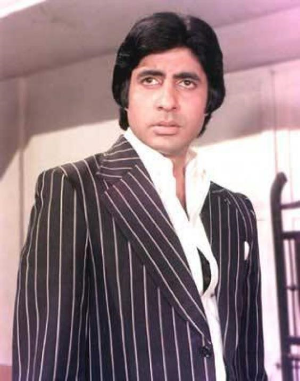Last week’s horrible events in Paris have brought out the best in cultural and social commentary. It’s also brought out the worst in liberal and neocon war-mongering (e.g., New Yorker columnist George Packer speaking from his old comfort zone).
We have been called to believe in this equation before. On one side, we are told, stand the allies of freedom. On the other, extremism and intolerance. Or “The West” and “Islam” as Samuel Huntington put it, taking hundreds of years of received orientalist tradition and welding it into many of the policy recommendations that rule our contemporary world.
Given the abstract, wholly undefined character of this magical equation, almost anything can be plugged into it. As if most of our commentators—from Fox News to CNN—were reading from the same Mad-Lib, adding nouns and adjectives, verbs and adverbs in the appropriate spots. Judeo-Christian tradition versus Islam. Moderate Islam versus extremist Islam. Enlightened versus barbaric. Freedom versus tyranny. Peace-loving versus violent. But underneath them all lie the two most basic binaries: us versus them; human versus inhuman.
In Washington, DC, hundreds of Americans marched yesterday in solidarity, although what they were in solidarity with is unclear. Down the street from where I live, the gates of the French Embassy are covered with flowers and signs that say #JeSuisCharlie, whose most accurate (or idiomatic) translation might be #IAmFamilyGuy. In Paris, despots and democrats rushed to be seen as defenders of freedom, even though everyone there knew that they are anything but. The only thing that was missing from the gathering was George W. Bush to remind us that you’re either with us or against us.
I have nothing to say that hasn’t been said better by the handful of brilliant commentators who have been cutting through the fog, shedding light on the attack, its meanings, and its implications. I recommend their essays (in no particular order):
- Juan Cole soberly observes that the purpose of the attacks was to "sharpen the contradictions" in order to push the French public—and Europe—to take increasingly extremist positions toward Islam.
- At the London Review of Books, Adam Shatz writes on the moral logic (and rhetoric) of the moment, and its ties to violence.
- On his blog, A Paper Bird, Scott Long critiques the cheap “solidarity” of the media gestures toward the tragedy, and suggests that true solidarity involves something more difficult, like understanding that it is not enough to say (or imagine) that we are all alike.
- At the Globe and Mail, Nahrain al-Mousawi reminds us that the attacks in France belong to a broader context, which includes a history of attacks on free expression in the Arab world.
- Cartoonist Joe Sacco shows that in the end, the abstract right to free expression is always tied to particular content.










